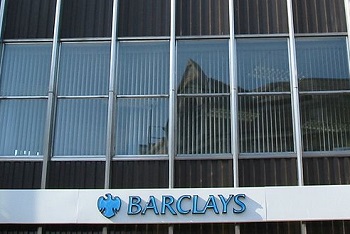Recent research reveals that biometrics will be essential for speeding up mobile payments adoption.
A study conducted by Lux Research has concluded that biometrics security technologies will play a vital role in the growth of smartphone payments and that current mobile payment system will need to include biometrics to hasten adoption and meet expectations of huge growth rates. According to Tiffany Huang – a Lux Research analyst and author of the 50-page report, “Securing Mobile Payments with Biometric Authentication” – in order to be successful in the future, developers of payment software and smartphone vendors need to consider a variety of new biometric techniques and the multimodal approach.
Biometrics technologies could make mobile payments more appealing to smartphone users.
According to a US Federal Reserve survey published back in 2015, 75% of the 2,137 people surveyed said that they didn’t use mobile payments because they felt it was easier to pay with credit/debit cards or cash. Meanwhile, 59% refrained from paying with their mobile device because they were worried about privacy and security, reported Computerworld.
 “Once biometrics are adopted to assure users [and banks] of security, it will help drive mobile payment adoption,” said Huang.
“Once biometrics are adopted to assure users [and banks] of security, it will help drive mobile payment adoption,” said Huang.
Essentially, until American consumers see the value in using a mobile device to make payments instead of a credit card, and view it as safe, m-payments adoption will never take off on a large scale. However, biometrics could change that.
Huang stated in an interview that “Biometrics are needed to improve mobile payment usage,” adding that “It’s hard to see one biometric usage winning in the medium-to-far-term.”
Different biometric approaches would be needed depending on the smartphone payments.
Huang researched many companies in the mobile payments ecosystem, such as credit companies and banks as well as software and hardware designers, and evaluated new biometrics technologies based on cost, security and ease of use. Among the technologies examined were fingerprint scans and scans of palm veins, irises, eyeprints, electrocardiograms (ECGs), faces and voices.
What was found was that different biometric approaches are required depending on the type of mobile transaction. For instance, the vast majority of customers wouldn’t want to pose for a few seconds for a voice or facial scan in front of other customers waiting behind them in line. On the other hand, while palm vein sensors would be a far more ideal in-store point-of-sale biometrics technology, the cost of such authentication technology is far too high to be considered a practical option.
In her report Huang noted that as new smartphone payment platforms are introduced by companies like Walmart, it becomes harder for a single biometric approach to dominate. Nevertheless, she believes that the mobile payments industry will play a role in shaping which biometrics technology gains popularity.

 With the service, consumers can make payments nearly immediately via their mobile phone, whether it’s to pay a gas bill or for travel fares. On the flip side, businesses can pay their customers without having to handle the sensitive bank account details, reported The Financial Times.
With the service, consumers can make payments nearly immediately via their mobile phone, whether it’s to pay a gas bill or for travel fares. On the flip side, businesses can pay their customers without having to handle the sensitive bank account details, reported The Financial Times.